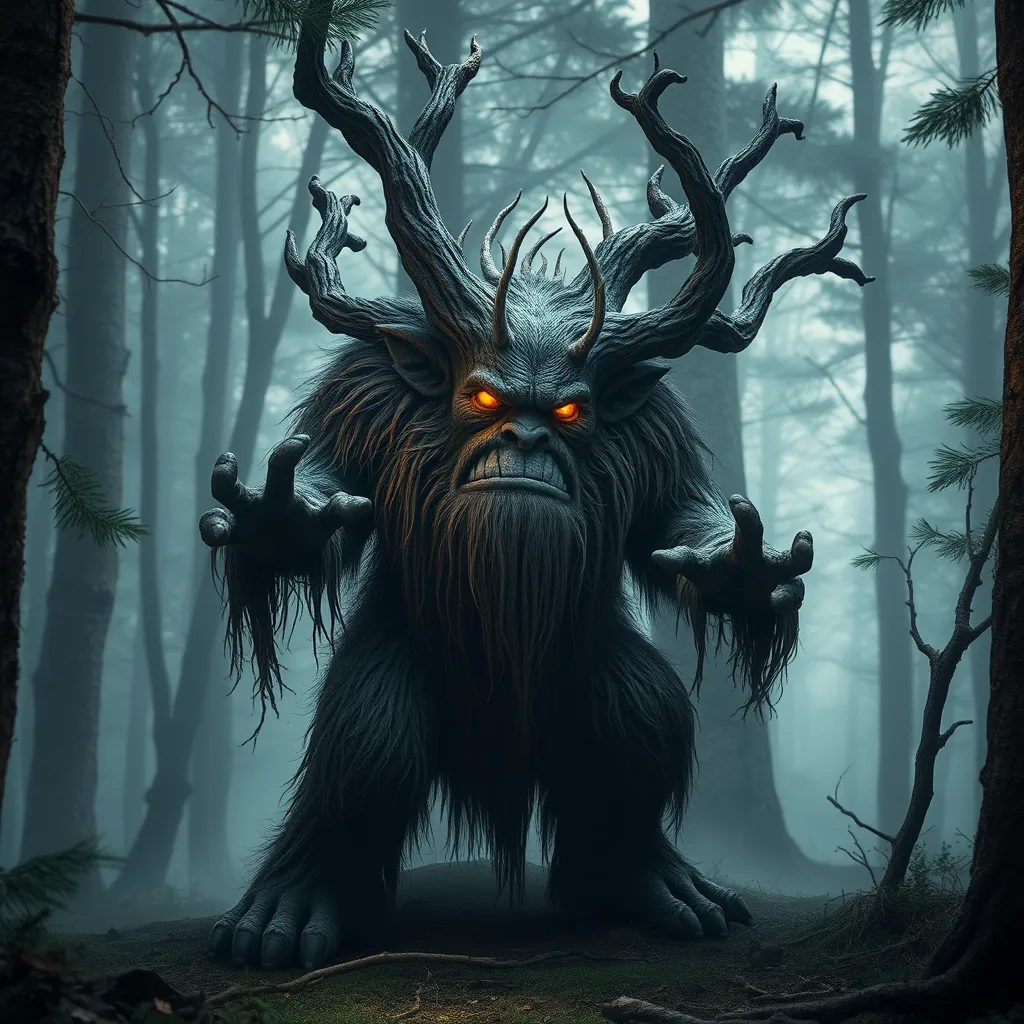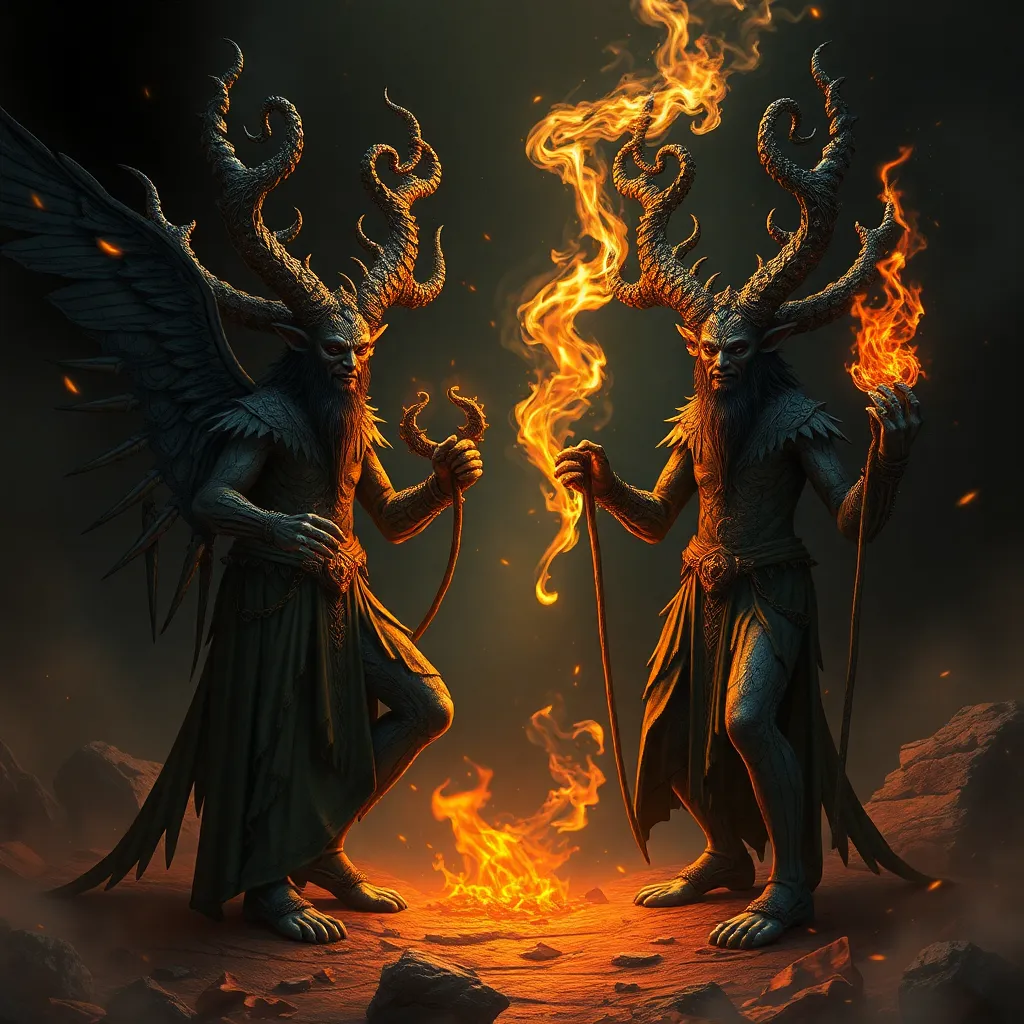The Orcish Language: Decoding the Sounds & Structures of Orcish Tongues
I. Introduction to Orcish Language
Orcish languages reflect the rich tapestry of cultures that inhabit the realms of fantasy literature and gaming. These languages serve as a crucial part of the identity of various Orcish tribes, with unique sounds and structures that evoke the essence of their speakers. The Orcish language is not merely a tool for communication; it encapsulates the history, traditions, and values of Orcish societies. This article aims to delve into the sounds and structures of Orcish tongues, providing an understanding of their linguistic significance.
II. Historical Context of Orcish Languages
The origins of Orcish languages can be traced back to ancient times, where they likely evolved from a common ancestral tongue. As different tribes and clans of Orcs migrated and settled in various regions, their languages diversified, leading to the formation of distinct dialects.
Over the centuries, Orcish languages have been influenced by interactions with neighboring cultures. The invasions and conquests that Orcish clans undertook brought them into contact with other races, such as humans, elves, and dwarves. These interactions led to the incorporation of loanwords and linguistic features from these languages, enriching the Orcish lexicon.
III. Phonetics of Orcish: Sounds that Define the Tongue
The phonetic inventory of Orcish is characterized by a range of guttural sounds, harsh consonants, and deep vowels. The unique sounds are integral to the identity of the Orcish language. Some key features include:
- Consonant Clusters: Orcish often employs complex consonant clusters that can create powerful and evocative words.
- Vowel Harmony: Certain dialects exhibit vowel harmony, where vowels within a word harmonize to create a harmonious sound.
- Phonemic Length: The length of vowels can change the meaning of words, making phonemic length an essential aspect of Orcish pronunciation.
Common phonological rules include:
- Assimilation: Sounds may change to become more like neighboring sounds.
- Dissimilation: Similar sounds may be altered to increase distinctiveness.
- Elision: Certain sounds may be dropped in rapid speech, leading to variations in pronunciation.
IV. Grammatical Structures: Syntax and Morphology
The syntax of Orcish languages often reflects the warrior culture of its speakers. The typical sentence structure tends to follow a Subject-Object-Verb (SOV) order, which is distinct from many other languages. For example, instead of saying “The Orcs fight the humans,” an Orcish speaker would say “Orcs humans fight.”
In terms of morphology, Orcish languages are rich with affixes:
- Prefixes: Added to the beginning of words to alter meanings, such as indicating negation or intensity.
- Suffixes: Often used to denote tense, plurality, or case.
- Infixes: These are less common but can be used for emphasis or to create new forms of a word.
V. Lexicon and Vocabulary: The Words of Orcish
Orcish vocabulary is often thematically linked to their environment and lifestyle, focusing on themes such as strength, battle, nature, and community. Common words and phrases often reflect their values and experiences, with a rich array of terms for weapons, rituals, and kinship.
Loanwords play a significant role in Orcish lexicon, often borrowed from the languages of neighboring cultures. These loanwords offer insights into the historical interactions and relationships Orcs have had with others. For example, a word for “sword” might be borrowed from the Elvish language, indicating a cultural exchange through trade or conflict.
VI. Dialectal Variations: Regional Differences in Orcish
Just as with any language, Orcish has numerous dialects that vary significantly across different regions. Major dialects include:
- Mountain Orcish: Characterized by its harsh sounds and extensive use of guttural consonants.
- Forest Orcish: Known for its melodic tones and softer consonants, reflecting the natural environment.
- Coastal Orcish: Features a mix of influences from maritime cultures, incorporating terms related to the sea.
The geography and culture of a region shape these dialectal variations. For instance, Orcs living in mountainous regions might have vocabulary related to climbing and survival, while those near the coast might incorporate words related to fishing and sailing.
VII. The Role of Orcish Language in Culture and Identity
Language serves as a powerful tool for cultural expression among Orcish communities. Through oral traditions, songs, and storytelling, the Orcish language carries forward legends, histories, and moral lessons that are central to their identity.
The preservation of the Orcish language is vital for maintaining cultural continuity. As globalization and modernization impact Orcish societies, efforts to revitalize and document the language have become increasingly important. This includes:
- Creating language courses for young Orcs.
- Publishing dictionaries and grammar guides.
- Encouraging the use of Orcish in community events and rituals.
VIII. Conclusion: The Importance of Studying Orcish Language
In summary, the Orcish language is a complex and rich linguistic tapestry that reflects the identity, culture, and history of its speakers. From its phonetic characteristics to its grammatical structures and dialectal variations, understanding Orcish offers valuable insights into the lives of Orcish communities.
Future prospects for Orcish language research and revitalization are promising. As scholars and enthusiasts continue to study and document this unique language, it is essential to foster a sense of pride and ownership among Orcish speakers. The survival of the Orcish language is not only a matter of preserving a means of communication but also a means of safeguarding a vibrant cultural heritage.




